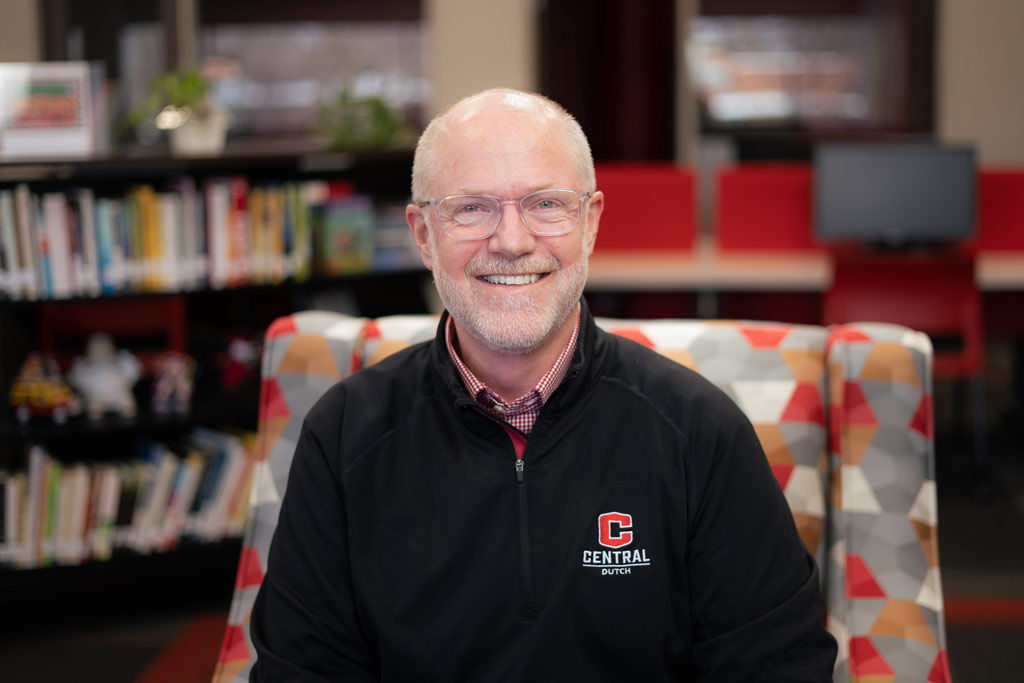
I find it fascinating to talk with policy makers about two closely related topics: education and workforce.
For years now, federal and state officials have been fusing the two terms together to the point they are now inseparable as policy matters. The aim, of course, is clear. For society to maintain progress and benefit from economic expansion, we need trained workers to fill jobs closely aligned with industry demands.
We live in a society that is admittedly stagnating in population and underemployed, which is, indeed, cause for concern. As one policy maker noted for me recently, “Our universities need to be graduating students who will fill these jobs.” For many policy makers, the societal domains of “education and workforce” can be more practically stated as “credentials and jobs.”
The counter narrative among many in the academy is that while education and workforce are clearly related, conflating the two tends to be overly reductionistic and assumes that something as complex as the holistic education of a human can be reduced to job training.
Educators fear that credentialing is now so dominant that we are cutting corners in concerning ways. Fast-paced course compilation that is slavish to efficiency is achieving one goal at the expense of the other. Consequently, we are drifting too far from our moral and intellectual moorings. The fraying of society is the manifestation of trading a broad-based education focused on effective citizenship for a narrowly defined program of job training.
There are important considerations in each of these archetypal narratives. While there are those who hold more extreme views, most I encounter find themselves somewhere in the middle.
My other conversation partners are students, along with their parents, and employers.
To be sure parents are eager for their children to find professional accomplishment and economic success, but they are also committed to seeing them live a life of personal fulfillment.
At the same time, employers are interested in the technical and professional potential in our graduates, but it is equally important to them that their employees be committed to:
- Learning as a lifestyle.
- Contributing to the success of others.
- Embracing creativity in the face of complexity.
Parents and employers are persuasively articulate about the integration and alignment of education and workforce as they envision the service of an individual within a professional community of practice, as well as citizenship in the communities of family, neighborhood, faith and civil society.
Students understand this instinctually. They are committed to integrating their academic, professional and experiential learning by building on the foundation of their coursework with the essential elements of a broad-based educational design.
Students curate their experience with participation in student organizations, undergraduate research, international education, musical ensembles, athletics teams, service learning and internships, which combine to yield a rich experience that embraces the fullness of human development.
For them, everything belongs to learning.












To encourage serious, intellectual discourse on Civitas, please include your first and last name when commenting. Anonymous comments will be removed.
Comments are closed.